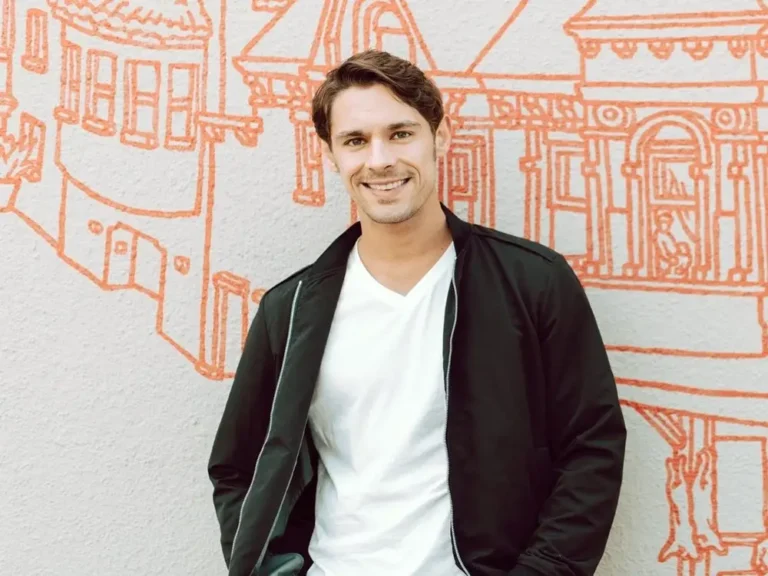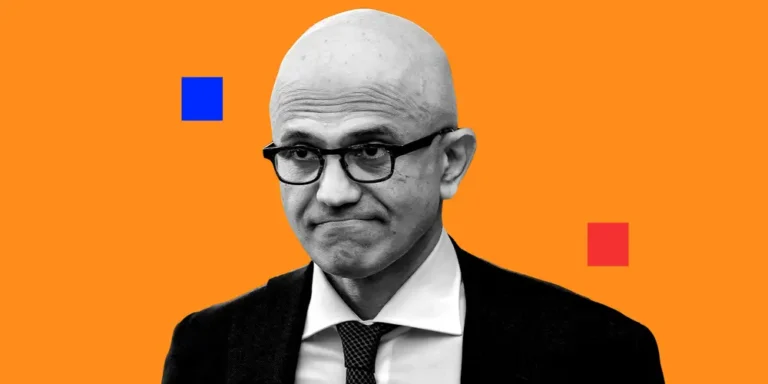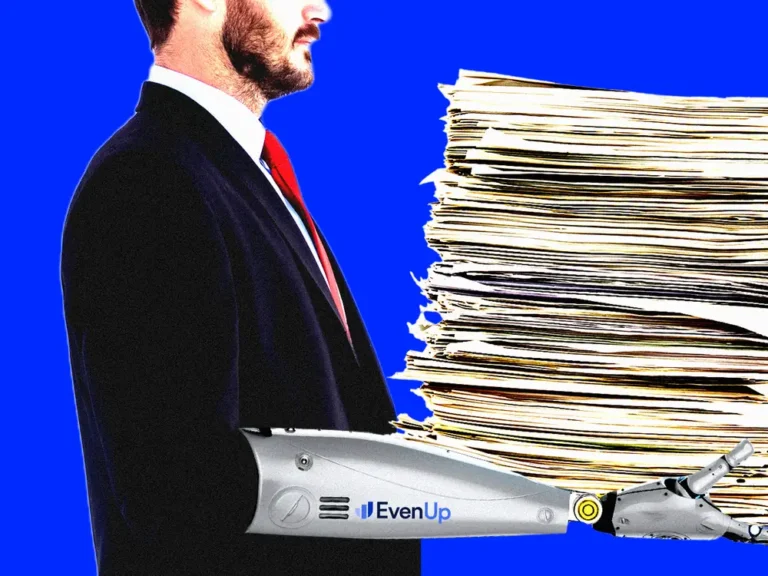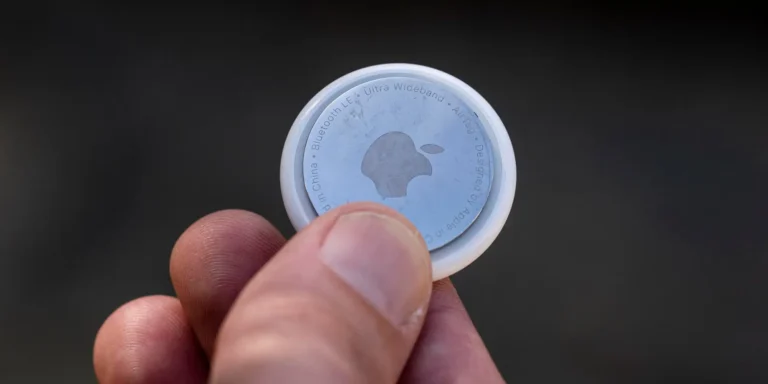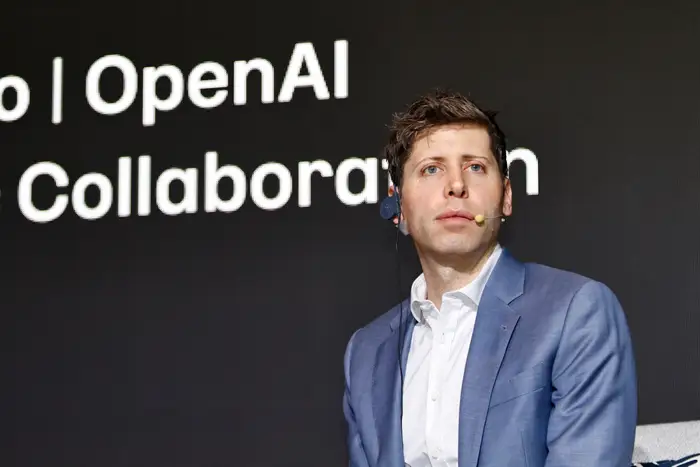Uber CEO Dara Khosrowshahi calls Elon Musk’s vision for Tesla robotaxis ‘pretty compelling’
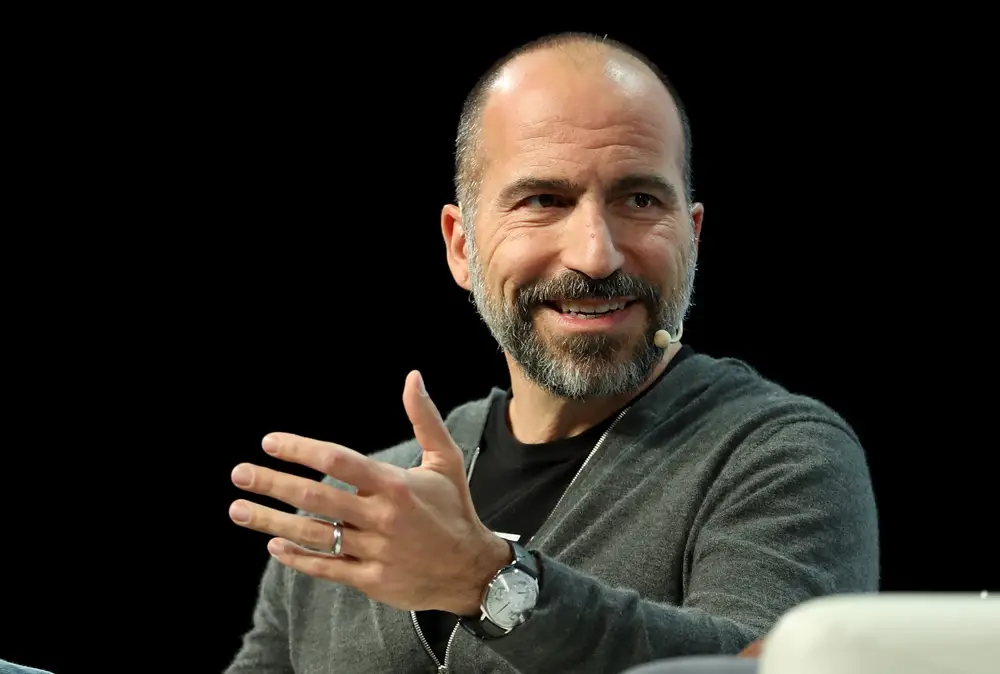
Uber CEO Dara Khosrowshahi discussed the future of autonomous vehicles on the Hard Fork podcast.
Uber CEO Dara Khosrowshahi is intrigued by Tesla’s plan to deploy autonomous robotaxis.
Khosrowshahi recently appeared on Hard Fork, a tech podcast, to discuss Uber’s position in the autonomous vehicle industry.
Uber partnered with Waymo in 2023 to bring autonomous ride-hailing services to Phoenix customers. The companies announced this September that they were expanding operations into Atlanta and Austin in 2025. Waymo and Uber were once entangled in a lawsuit over self-driving technology but reached a $245 million settlement in 2018.
The expansion comes as Waymo and Tesla compete to lead the autonomous vehicle industry.
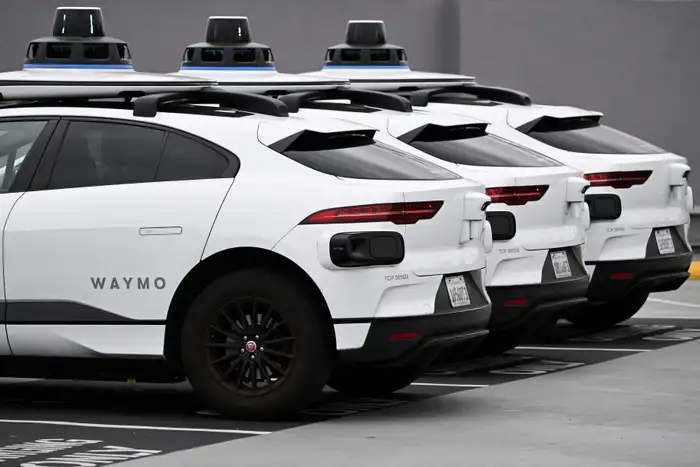
Uber announced a partnership with Waymo in 2023.
During the episode, Khosrowshahi responded to a question asking if he considered Tesla a competitor following the company’s “We, Robot” event this month. At the event, Musk gave the public their first glimpse of Tesla’s robotaxi — dubbed Cybercab. It left former Waymo CEO John Krafcik and some Wall Street analysts unimpressed despite the hype.
Musk said Cybercabs would be in production before 2027.
“Well, they certainly could be, right? If they develop their own AV vehicle and they decide to go direct only through the Tesla app, they would be a competitor,” Khosrowshahi said. “If they decide to work with us, then we would be a partner as well.”
Khosrowshahi then called Musk’s vision “pretty compelling.”
“You might have these cyber shepherds or these owners of these fleets,” he said. “Those owners, if they want to have maximum earnings on those fleets, will want to put those fleets on Uber. But at this point, it’s unknown what his intentions are.”

Elon Musk showed off Tesla’s Cybercab during the “We, Robot” event in October.
Although Uber has positioned itself with Waymo, Khosrowshahi said he is open to partnering with Tesla during an interview with the Financial Times earlier this month.
“We’d love to have it on the platform, but if not, I don’t think this is going to be a winner-take-all marketplace. We believe in the spirit of partnership; we’ll see what Tesla does,” he said.
On the Hard Fork podcast, Khosrowshahi championed Waymo, saying he believed Waymo could best Tesla.
“I think Elon eventually will get to a viable scale, but for the next five years, I bet on Waymo, and we are betting on Waymo,” he said.
The sentiment is somewhat at odds with what Andrej Karpathy, a founding team member of OpenAI and former senior director of AI at Tesla, said on an episode of the “No Priors: Artificial Intelligence” podcast in September. Karpathy said he believed Tesla had an advantage because Waymo has a hardware problem, whereas Musk’s company has a software problem.
He said the latter is easier to solve, adding that Tesla may pull ahead about a decade later.
Khosrowshahi spoke about Waymo’s hardware during the Hard Fork podcast, saying, “I think that hardware costs scale down over a period of time. So, sure, Waymo has a hardware problem, but they can solve it.”
Uber originally tried to walk the autonomous vehicle path alone, creating a self-driving car unit called Advanced Technologies Group. However, the company faced a series of setbacks — including a deadly crash in 2018 — that led it to sell the unit to the self-driving car startup Aurora in 2020.
Representatives for Uber did not respond to a request for comment from B-17.

